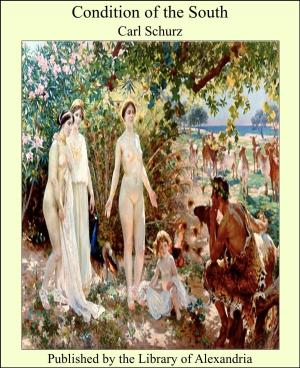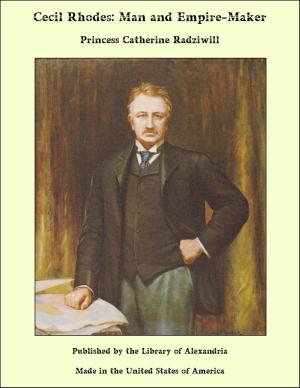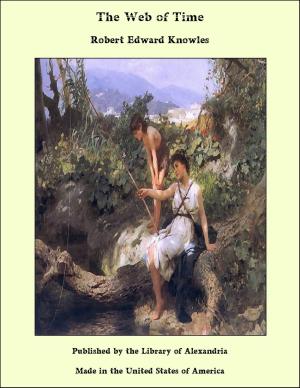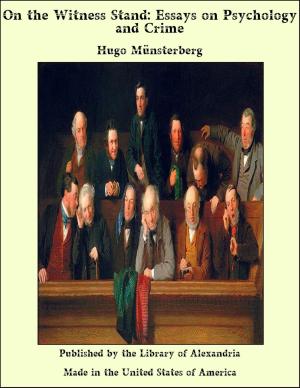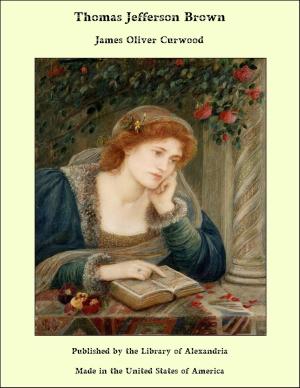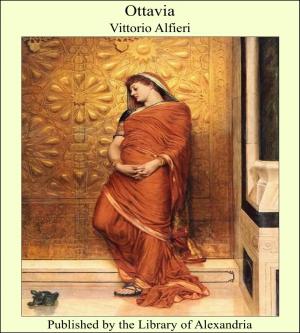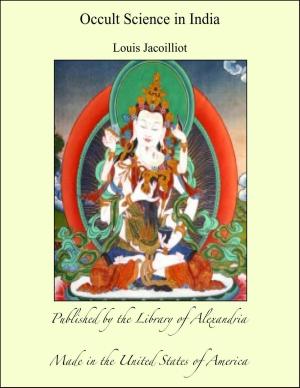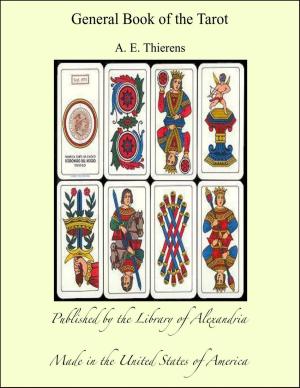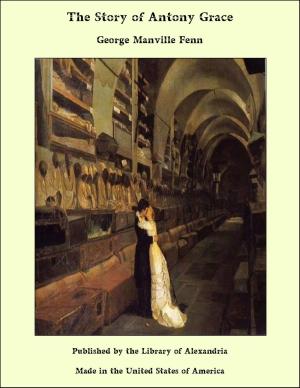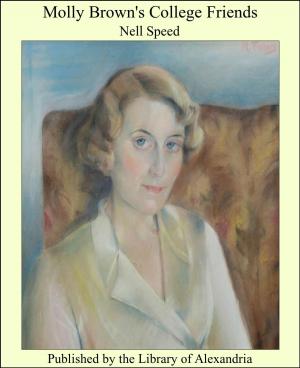The Most Interesting Stories of all Nations: American
Nonfiction, Religion & Spirituality, New Age, History, Fiction & Literature| Author: | Various Authors | ISBN: | 9781465592163 |
| Publisher: | Library of Alexandria | Publication: | March 8, 2015 |
| Imprint: | Language: | English |
| Author: | Various Authors |
| ISBN: | 9781465592163 |
| Publisher: | Library of Alexandria |
| Publication: | March 8, 2015 |
| Imprint: | |
| Language: | English |
The fact is, meanwhile, that, in the riddle story, the detective was an afterthought, or, more accurately, a deus ex machina to make the story go. The riddle had to be unriddled; and who could do it so naturally and readily as a detective? The detective, as Poe saw him, was a means to this end; and it was only afterwards that writers perceived his availability as a character. Lecoq accordingly becomes a figure in fiction, and Sherlock, while he was as yet a novelty, was nearly as attractive as the complications in which he involved himself. Riddle-story writers in general, however, encounter the obvious embarrassment that their detective is obliged to lavish so much attention on the professional services which the exigencies of the tale demand of him, that he has very little leisure to expound his own personal equation—the rather since the attitude of peering into a millstone is not, of itself, conducive to elucidations of oneself; the professional endowment obscures all the others. We ordinarily find, therefore, our author dismissing the individuality of his detective with a few strong black-chalk outlines, and devoting his main labor upon what he feels the reader will chiefly occupy his own ingenuity with,— namely, the elaboration of the riddle itself. Reader and writer sit down to a game, as it were, with the odds, of course, altogether on the latter's side,—apart from the fact that a writer sometimes permits himself a little cheating. It more often happens that the detective appears to be in the writer's pay, and aids the deception by leading the reader off on false scents. Be that as it may, the professional sleuth is in nine cases out of ten a dummy by malice prepense; and it might be plausibly argued that, in the interests of pure art, that is what he ought to be. But genius always finds a way that is better than the rules, and I think it will be found that the very best riddle stories contrive to drive character and riddle side by side, and to make each somehow enhance the effect of the other.—The intention of the above paragraph will be more precisely conveyed if I include under the name of detective not only the man from the central office, but also anybody whom the writer may, for ends of his own, consider better qualified for that function. The latter is a professional detective so far as the exigencies of the tale are concerned, and what becomes of him after that nobody need care,—there is no longer anything to prevent his becoming, in his own right, the most fascinating of mankind.
The fact is, meanwhile, that, in the riddle story, the detective was an afterthought, or, more accurately, a deus ex machina to make the story go. The riddle had to be unriddled; and who could do it so naturally and readily as a detective? The detective, as Poe saw him, was a means to this end; and it was only afterwards that writers perceived his availability as a character. Lecoq accordingly becomes a figure in fiction, and Sherlock, while he was as yet a novelty, was nearly as attractive as the complications in which he involved himself. Riddle-story writers in general, however, encounter the obvious embarrassment that their detective is obliged to lavish so much attention on the professional services which the exigencies of the tale demand of him, that he has very little leisure to expound his own personal equation—the rather since the attitude of peering into a millstone is not, of itself, conducive to elucidations of oneself; the professional endowment obscures all the others. We ordinarily find, therefore, our author dismissing the individuality of his detective with a few strong black-chalk outlines, and devoting his main labor upon what he feels the reader will chiefly occupy his own ingenuity with,— namely, the elaboration of the riddle itself. Reader and writer sit down to a game, as it were, with the odds, of course, altogether on the latter's side,—apart from the fact that a writer sometimes permits himself a little cheating. It more often happens that the detective appears to be in the writer's pay, and aids the deception by leading the reader off on false scents. Be that as it may, the professional sleuth is in nine cases out of ten a dummy by malice prepense; and it might be plausibly argued that, in the interests of pure art, that is what he ought to be. But genius always finds a way that is better than the rules, and I think it will be found that the very best riddle stories contrive to drive character and riddle side by side, and to make each somehow enhance the effect of the other.—The intention of the above paragraph will be more precisely conveyed if I include under the name of detective not only the man from the central office, but also anybody whom the writer may, for ends of his own, consider better qualified for that function. The latter is a professional detective so far as the exigencies of the tale are concerned, and what becomes of him after that nobody need care,—there is no longer anything to prevent his becoming, in his own right, the most fascinating of mankind.

